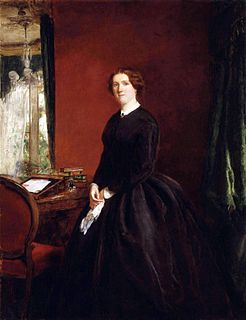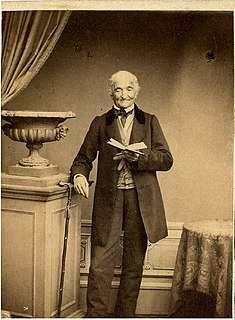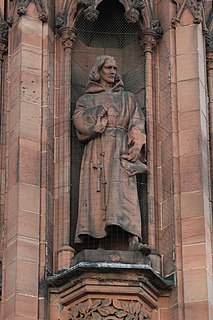A Quote by Francois de La Rochefoucauld
Fortune makes our virtues and vices visible, just as light does the objects of sight.
Related Quotes
From the oyster to the eagle, from the swine to the tiger, all animals are to be found in men and each of them exists in some man, sometimes several at the time. Animals are nothing but the portrayal of our virtues and vices made manifest to our eyes, the visible reflections of our souls. God displays them to us to give us food for thought.
The modern world is not evil; in some ways the modern world is far too good. It is full of wild and wasted virtues. When a religious scheme is shattered (as Christianity was shattered at the Reformation), it is not merely the vices that are let loose. The vices are, indeed, let loose, and they wander and do damage. But the virtues are let loose also; and the virtues wander more wildly, and the virtues do more terrible damage. The modern world is full of the old Christian virtues gone mad. The virtues have gone mad because they have been isolated from each other and are wandering alone.
Of all vices take heed of drunkenness; other vices are but fruits of disordered affections--this disorders, nay, banishes reason; other vices but impair the soul--this demolishes her two chief faculties, the understanding and the will; other vices make their own way--this makes way for all vices; he that is a drunkard is qualified for all vice.


































